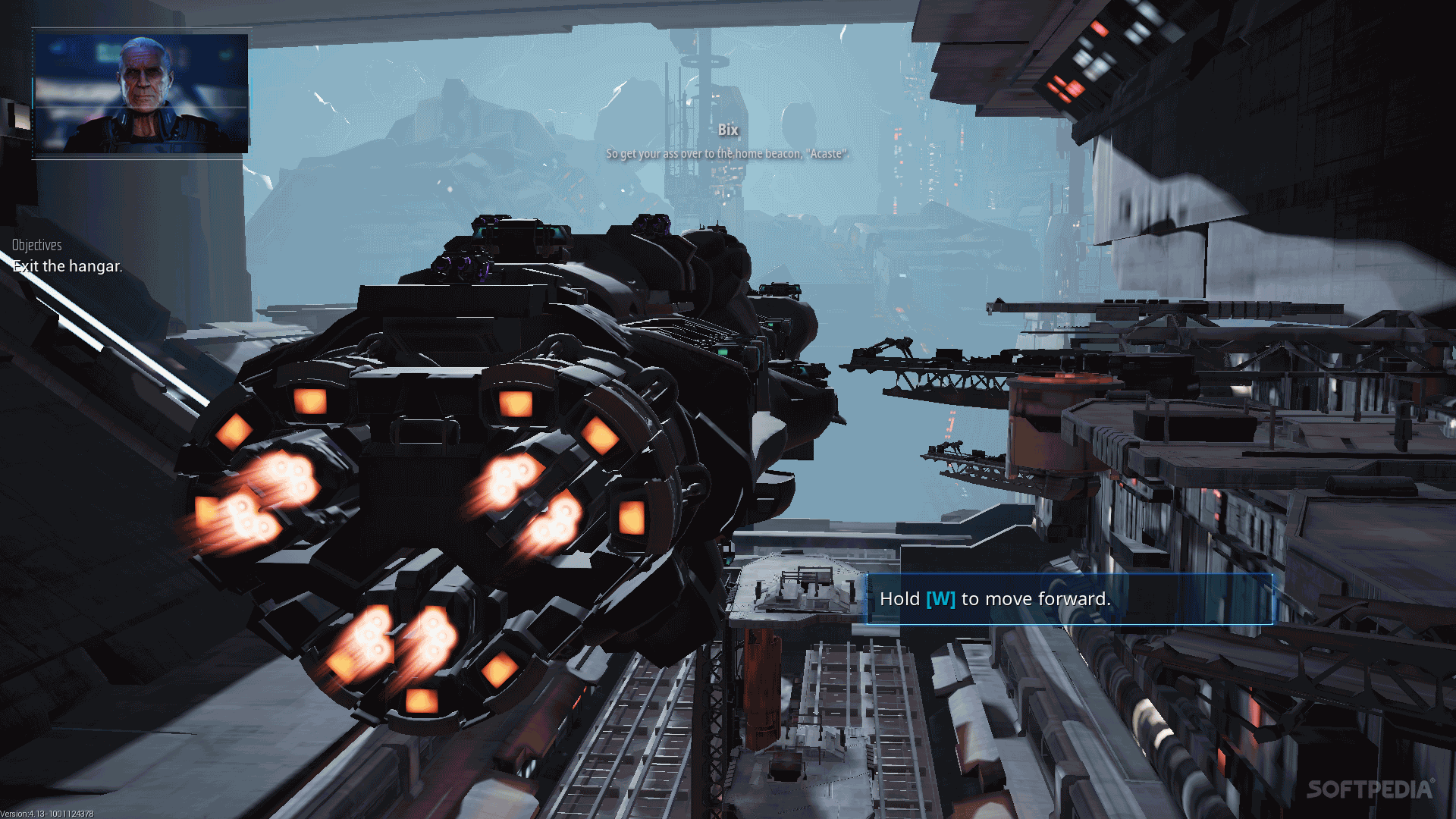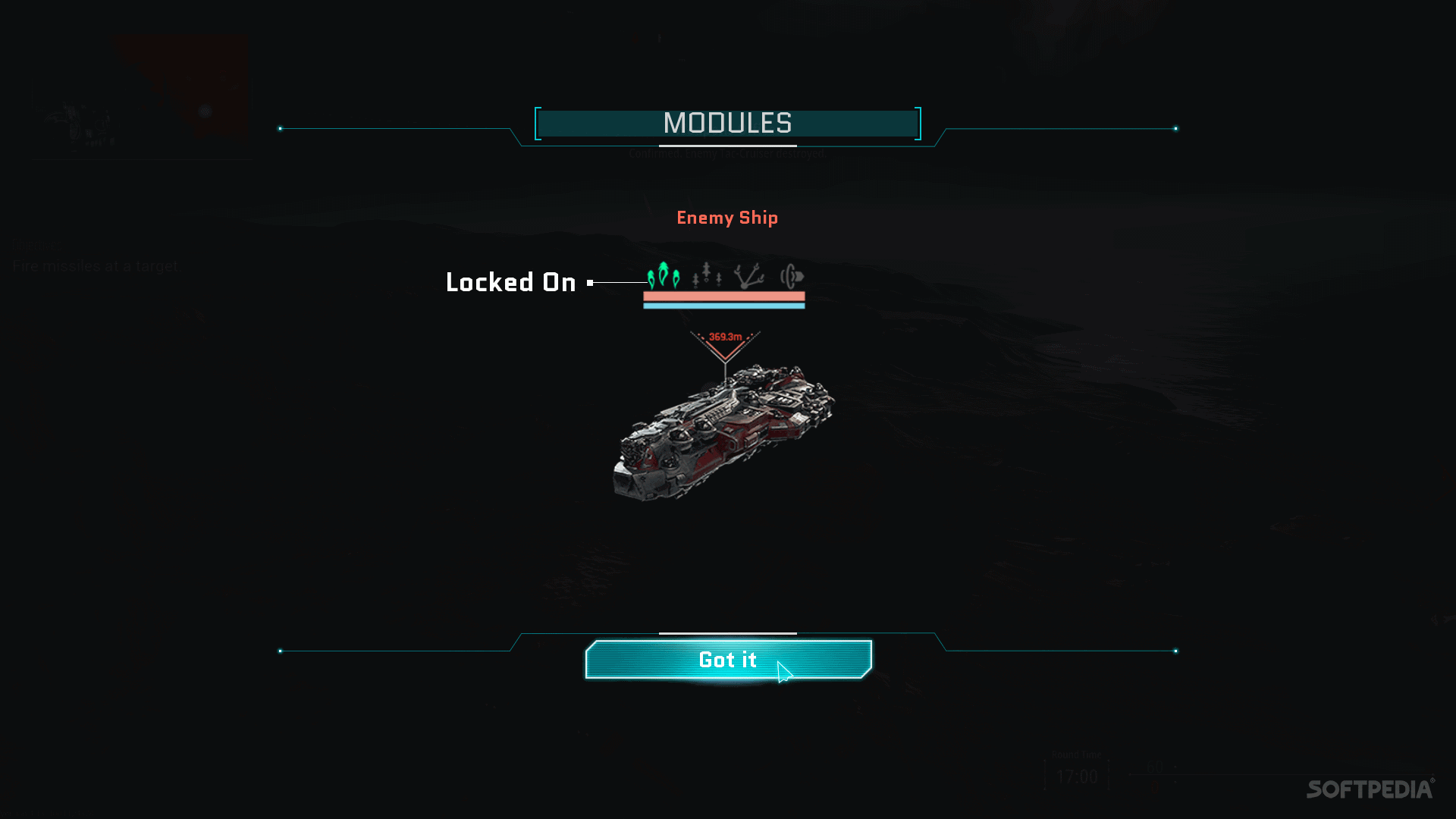

Uninterrupted peace in western Europe had arguably led to complacency, failure of imagination and tactical stagnation.

The service now went to war in armoured, steel ships, powered by steam engines and armed with breech-loading rifled guns in revolving turrets. However, the last time the Royal Navy had fought a sea battle against an enemy fleet, it had entered the fray with wooden sailing ships armed with muzzle-loading cannon. The British had been the undisputed masters of the seas since the end of the Napoleonic Wars, more than 100 years earlier. By the end, 25 ships had been sunk, almost one in 10 of those sailors was dead, and Europe’s fate had been decided.įor both sides, this battle was a new experience.

For the British it became known as the battle of Jutland. They were battling for control of the North Sea, global oceanic trade and, ultimately, victory in the First World War. Between the hazy late afternoon of and the grey dawn of 1 June, more than 100,000 British and German seamen aboard 250 warships fought a brutal naval engagement.


 0 kommentar(er)
0 kommentar(er)
